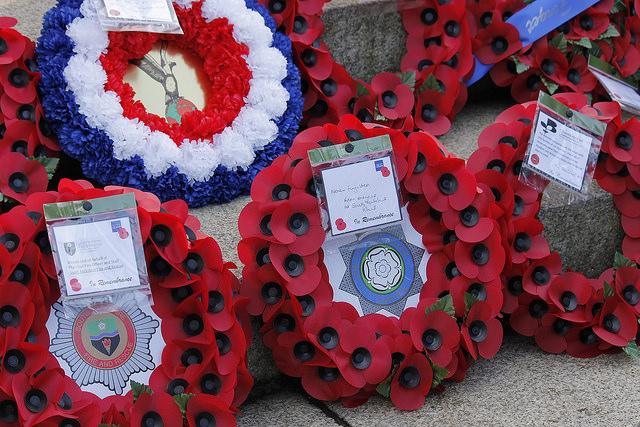To wear or not to wear a poppy? That is the question which three Rising East writers asked themselves in the run-up to Armistice Day on 11/11.
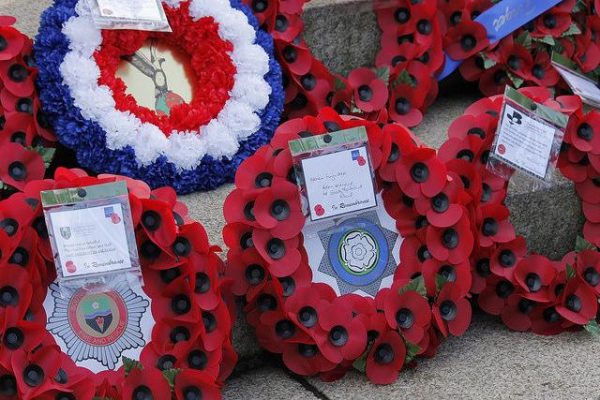
Pleased to wear a poppy, Kay Ayed:
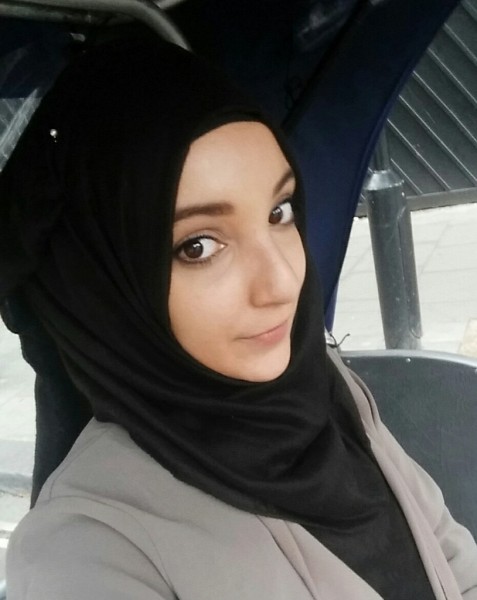
I am thankful for living in a country where I can practice my beliefs freely, think what I want, gain a valuable education and find a decent job. This is a blessing which British Muslims are given, something denied to many, even in so-called Muslim countries such as Saudi Arabia.
And none of this would have been possible without the sacrifices made by our soldiers during previous wars.
Not many people know this, but more than 400,000 Muslim soldiers fought in World War I. This was alongside around 100,000 Sikhs and up to 800,000 Hindu soldiers.
But without losing sight of that fact, the poppy is a symbol primarily representing the struggle that Britain went through – a struggle which has made it what it is today. And today, collectively memorialising the fallen, from pilots to foot soldiers to the unsung heroes of the trenches, does more than anything else to remind Britain of what it has been, what it is and what, I hope, it always will be.
So regardless of race, faith and background, I choose to respect all of our fallen soldiers, and nothing highlights this choice like wearing a poppy.
Shan’t be wearing one, Schahrazade Halfaoui:
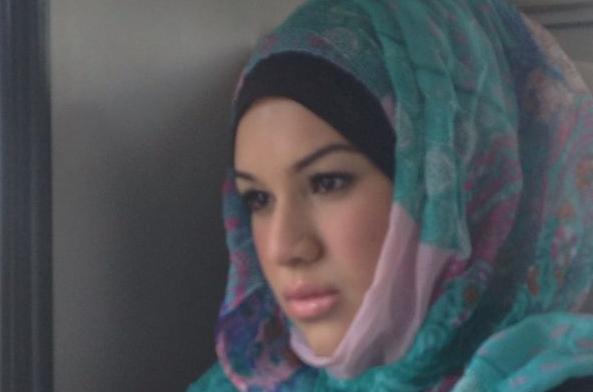
As a proud British citizen and Muslim, I am thankful for the tolerance and multiculturalism of this great nation. I completely respect British values and the people who died for them but I still won’t be wearing a poppy on Armistice Day. This is in order to avoid any possible misinterpretation on the part of some people who see me wearing it.
In the past, Poppies and Muslims have been a volatile combination. In 2011, Muslim extremists, i.e. extremists who happen to be Muslim, were heard chanting, ‘British soldiers burn in hell’ before burning replica poppies during a demonstration near London’s Royal Albert Hall in London.
Remembrance is a significant part of the English culture and a poppy is worn to commemorate those soldiers killed in the First World War and subsequent wars. Therefore, I am not against Remembrance Day or what it symbolises. Me not wearing one is simply to avoid any unnecessary stares or misunderstanding from non-Muslims.
But not all Muslims are as apprehensive as I am. Poppy stalls were set up in my local mosque and there were plenty of people pinning them on – a further demonstration of loyalty towards Britain on the part of many Muslims living here.
Make mine a black one, Sid Ouarezini:
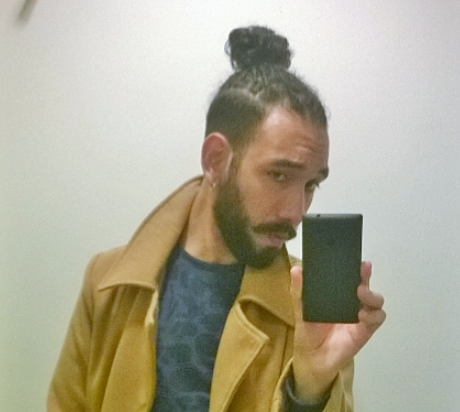
It’s only right to remember that millions of lives were sacrificed in defence of freedom. It’s equally correct for a whole society, starting with the Queen and Prime Minister, to commemorate this loss of life. But let’s not forget those who fought and died but never gained their freedom – not because of their enemies; instead the Allies they were fighting for withheld it from them.
Colonialism was a feature of both world wars. Under the British Empire, colonial peoples were encouraged – forced, in effect – to fight alongside Britain in pursuit of British interests. During the Second World War the service men who rallied to King and Country came from India, the Caribbean and West Africa. Meanwhile the French put North African soldiers onto the frontline in defence of the Republic.
Watching the Remembrance Sunday ceremony at the Cenotaph, had a profound effect on me. It triggered unexpected emotions brought on by recollections of older family members talking about lives lost for the sake of French colonial rule.
According to Algerian folklore – references are made to this in the cinematic masterpiece Battle of Algiers, French generals used to favour homegrown troops, whereas the ‘second class soldiers’, i.e. non-white colonials, were often inadequately armed and provisioned, making them wide open to attack.
This was more than a minor discrepancy. There were nearly a quarter of a million Muslim Algerian troops in the French Army, and each one of them was ill-served by the racial thinking and discriminatory practices of the officer class.
In an age when politically correct symbols are de rigueur, perhaps we should come up with something that symbolises the sacrifices made by non-white ‘second class soldiers’. Instead of forgetting them, or forgetting what colour they were, let’s make a point of it and produce a million black poppies for next year.
That would be a good reason for me to wear one.

